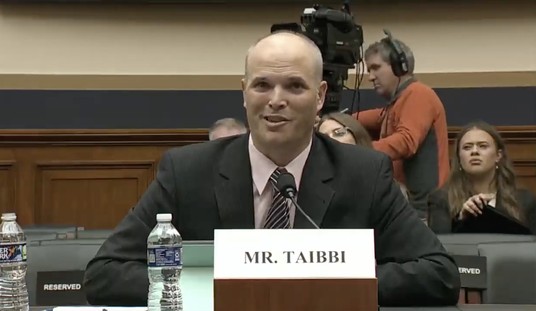Democrats’ war on for-profit education has now reached a point where it threatens the online offerings of traditional schools.
After a disastrous attempt at introducing new guidance earlier in the year, the Department of Education is again preparing to attack the online program management industry. Online program managers – or OPMs – are companies that provide the internal organs, in essence, that make modern online education initiatives go.
Depending on the schools and contracts they’re honoring, online program managers market the universities’ online education programs, recruit students, counsel them through the admissions process, enroll them, provide the software and tech support and even work with professors to make the professors’ courses more online-friendly.
Harvard, Yale, Georgetown, NYU, Cal-Berkeley, North Carolina, Northwestern, Syracuse and Rice are among the highly regarded schools that use online program managers, although the schools rarely mention their involvement in the product.
Their services are so critical to the programs’ operations that online program managers typically earn 60% of the course’s revenue, although some schools are moving away from the revenue sharing model to a fee-for-service arrangement as schools develop their own online capabilities and no longer need everything on the online program managers’ menu of services.
Third-party providers, such as online program managers, are forbidden by law to earn commissions for recruiting students, but they can recruit if this is part of a package of services the providers offer to colleges, which is the case with online program managers.
Recommended
That’s too much profit for the Biden administration, so it has proposed regulatory changes that would force schools to rework their contracts with online program managers in a way that will add crippling costs and risk to all parties.
The department has indicated that it wants to change the rules to more closely scrutinize whether online program managers are being paid according to how many students they recruit in violation of the law. The Government Accountability Office said last year after studying the industry for more than two years that some arrangements with colleges may skirt the rule, but by and large the industry and the universities it serves comply with the law as is.
The charge is that if online program managers are being paid to recruit, that imposes costs that unnecessarily and unlawfully drive-up costs and erode the effectiveness of higher education.
But what the schools and their partners in online program management have actually done is innovate, both in terms of product offerings and in terms of their relationships, so as to provide maximum access to flexible, innovative, and effective online education for millions of American college students. The department claims these vendors have increased costs and eroded the effectiveness of higher education in America.
But like a college freshman, the department has failed to show its work. It has presented no evidence that online program managers increase costs or reduce access. It has failed to explain why the colleges would so eagerly enter into these arrangements if they were counter to the wellbeing of their students. It has failed to explain how this demand would be met – which is greater and more consistent since Covid – without these arrangements. Other than political talking points and partisan preference, it has failed to give any reason for changing the rules on something that appears to work.
This is the worst kind of regulatory overreach. This process would be unacceptable if it was being used to change something as mundane as the way asphalt is used as a highway surface. The fact that this rushed, half-baked process is being allowed to change something as essential and fundamental as the way Americans learn is both unbelievable and unconscionable.
Online education programs aren’t quick or easy to develop. The initial budget impact of a college attempting to build an online curriculum from the ground up would be prohibitive without the knowledge and experience provided by OPMs. These partnerships have been effective and beneficial for all involved, from schools to private companies to, most importantly, students.
What the Department of Education should do is what the GAO recommended – continue to study the issue and ensure there aren’t abuses and violations of the current rules. Officials should look at costs, student outcomes and the relationships with colleges to make sure taxpayers and students are getting their money’s worth. But absent evidence they’re not – and we haven’t seen any such evidence – there’s no reason to change the current 2011 guidance.

























Join the conversation as a VIP Member